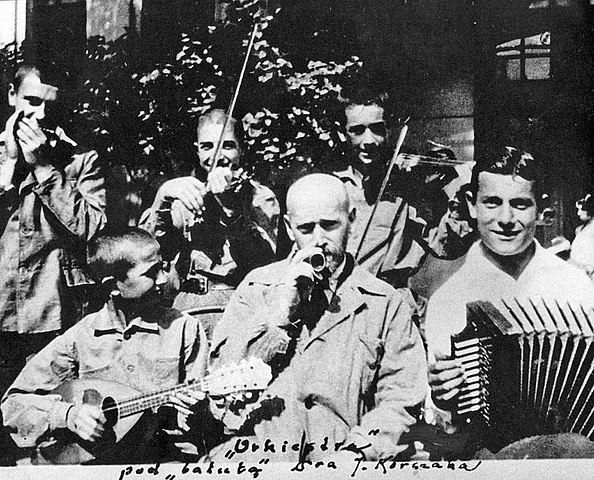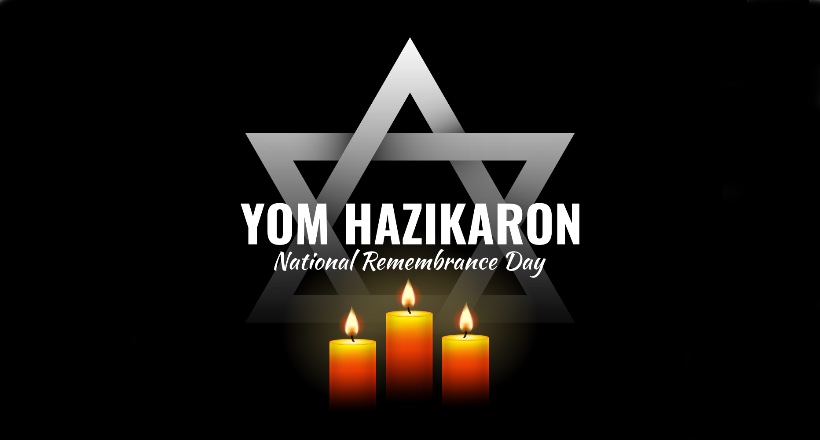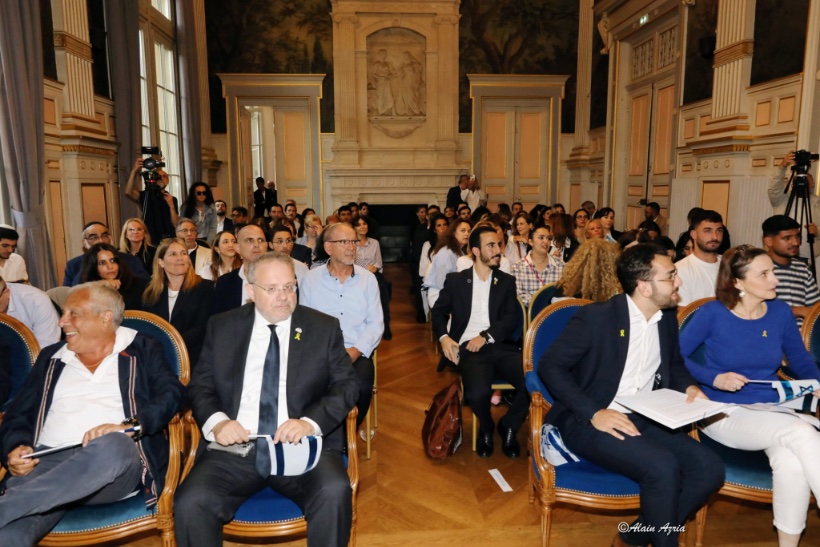This day in history: an outstanding educator, writer, and doctor Janusz Korczak was born

On July 22, 1878, in Warsaw, in an assimilated Jewish family of Goldschmidts, Henryk was born, named after his grandfather, a doctor, but who entered history as Janusz Korczak – an outstanding educator, writer, and humanist, whose life became a symbol of selflessness and love for children.
Childhood and First Steps
Henryk grew up in Warsaw, which was then part of the Russian Empire. He studied at a Russian gymnasium, where teaching was conducted in Russian. While still a student, he began to work as a tutor. At 15, he showed a pedagogical talent, finding an approach to each student and making lessons engaging.
At 18, Henryk published his first article “Gordian Knot” in a weekly magazine. In it, he questioned when parents would start educating their children themselves, not shifting the responsibility onto others. The article so impressed the editor that he offered the young author his own column. It was then that Henryk took the pseudonym Janusz Korczak, under which he would be known to the world.
The Path of a Doctor and Educator
In 1898, Korczak enrolled in the Medical Faculty of Warsaw University. During the holidays, he went to Switzerland to study the ideas of the great pedagogue-humanist Johann Pestalozzi. After receiving his medical degree in 1905, Korczak was called to the front of the Russo-Japanese War. Upon returning, he continued his medical practice, working in a Jewish children’s hospital and as a counselor in summer camps.
But in 1910, Korczak made a choice that defined his fate: he left medicine and founded the “Orphans’ Home” for Jewish children in Warsaw. In Poland, where anti-Semitism was a daily reality, Jewish orphans needed special support. Thanks to Korczak’s popularity as a writer, he attracted patrons who helped build the shelter. Here, he implemented his pedagogical ideas, creating an atmosphere of care, respect, and education for the children.
Eretz Israel and Unfulfilled Dreams
In 1934 and 1936, Korczak visited Eretz Israel. He was inspired by the kibbutzim, their principles of equality and community. He dreamed of moving to Jerusalem, learning Hebrew, and writing a book about the halutzim – pioneers reviving the Jewish homeland. But his love for his wards was stronger – Korczak could not leave them for long.
World War II and the Warsaw Ghetto
With the start of World War II in 1939, the lives of Korczak and his wards changed forever. When the Nazis entered Warsaw, he fought for every bit of food and clothing for the children. In 1940, the “Orphans’ Home” was moved to the Warsaw Ghetto. Korczak risked his life to obtain food and medicine, and the children continued to learn Hebrew and the basics of Judaism, maintaining hope even in inhumane conditions. Poles, admiring his talent, repeatedly offered to hide Korczak, but he refused, unwilling to abandon his wards. His diary, written in the ghetto, became a tragic testimony of those days.
The Last Journey
On August 6, 1942, the Nazis led 192 children from the “Orphans’ Home”, Korczak, his colleague Stefania Wilczynska, and other educators out of the ghetto. They were sent to the Treblinka death camp. At the railway station, a German officer offered Korczak salvation, recognizing him as a famous writer. But Janusz Korczak refused. He stayed with the children until the end, sharing their fate in the gas chamber.
Legacy
Janusz Korczak is not just a name in history. He is a symbol of fidelity to duty, love for children, and resilience in the face of evil. His pedagogical ideas on education through respect and freedom continue to inspire teachers around the world. Today, we remember a man who showed that even in the darkest times, one can remain a light for others.





